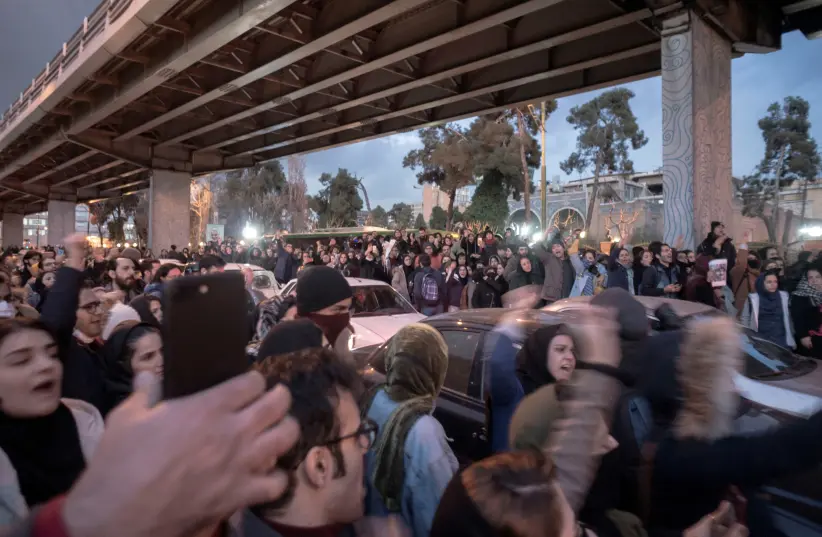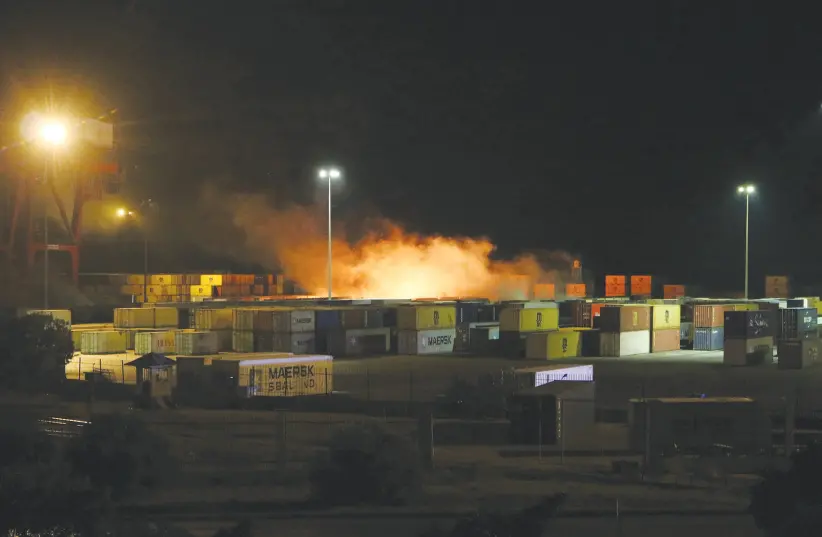
Iran sentences water scarcity protestors to 75 lashes and prison
The Islamic Republic of Iran slapped over 20 peaceful protestors with up to seven years in prison and 74 lashes for their demonstration against the water scarcity shortage in south-west Iran, according to a report on Saturday by the US-based Human Rights Activists’ News Agency.
The London-based Iran International news organization reported on HRANA’s information. “HRANA reported that those sentenced were arrested in Chaharmahal-Bakhtiari province in 2015 during protests against plans to transfer water from their town, and were holding a symbolic mourning ceremony for the drying up of a spring,” wrote Iran International.
“After a complaint by Khatam-al Anbiya Construction Headquarters, the engineering and construction arm of the Revolutionary Guard, the protestors were sentenced to up to seven years in prison and 74 lashes on charges of disturbing public order and destroying public property. They denied the charges,” added Iran International.
Nikahang Kowsar, a water issues analyst and publisher of Abanganiran.org, told The Jerusalem Post on Saturday that “These people were defending their water rights and the environment and trying to discourage IRGC’s Khatam Al-Anbiya construction headquarters from digging a tunnel from Sabz Kouh to the Chogkakhor area. The transfer project is intended to supply water for the Sefid Dasht steel plant.”
Kowsar said the demonstrators “were trying to peacefully protect the environment. The IRGC is damaging Iran’s environment and I believe they are terrorizing both the people and the environment.”
The water expert Kowsar cited Article 50 of the Islamic Republic’s constitution as offering—in theory—protection of the environment and the right of the activists to ensure that water is not squandered in the oppressively hot region of Iran.
The US government classified the IRGC as a foreign terrorist entity. However, media reports suggest that the US special envoy to Iran, Rob Malley, is seeking to delist the IRGC as a terrorist organization in exchange for a nuclear deal with Tehran.
The atomic accord would provide sanctions relief to Iran’s regime in exchange for short-term restrictions on Tehran’s capability to build a nuclear weapons device.
Ecology experts and critics of the regime have accused the theocratic state of gross mismanagement of water resources and the environment.
Source: https://www.jpost.com/middle-east/article-703698

